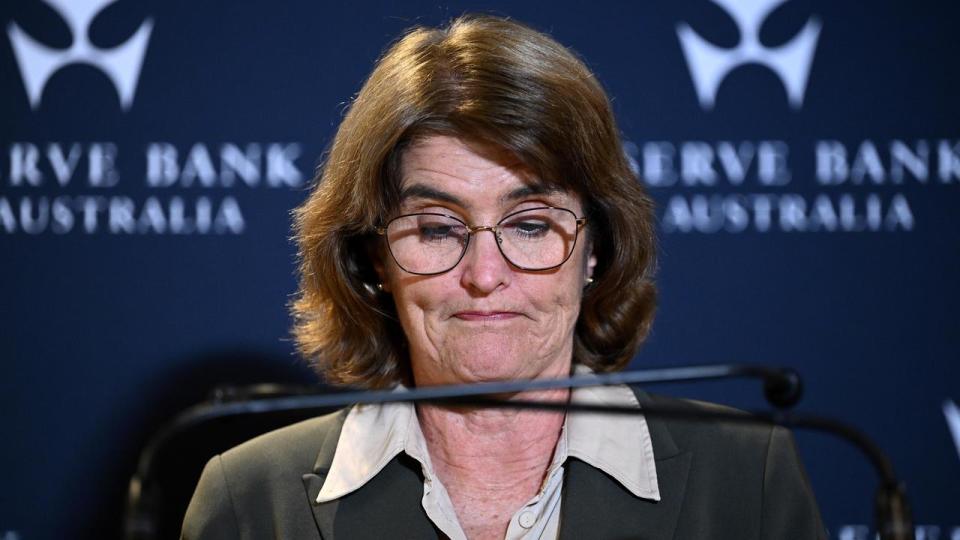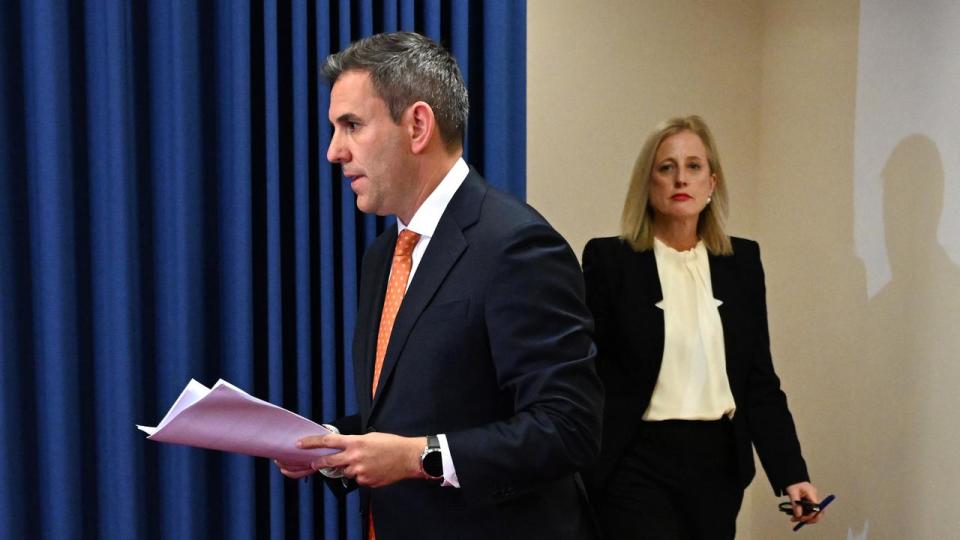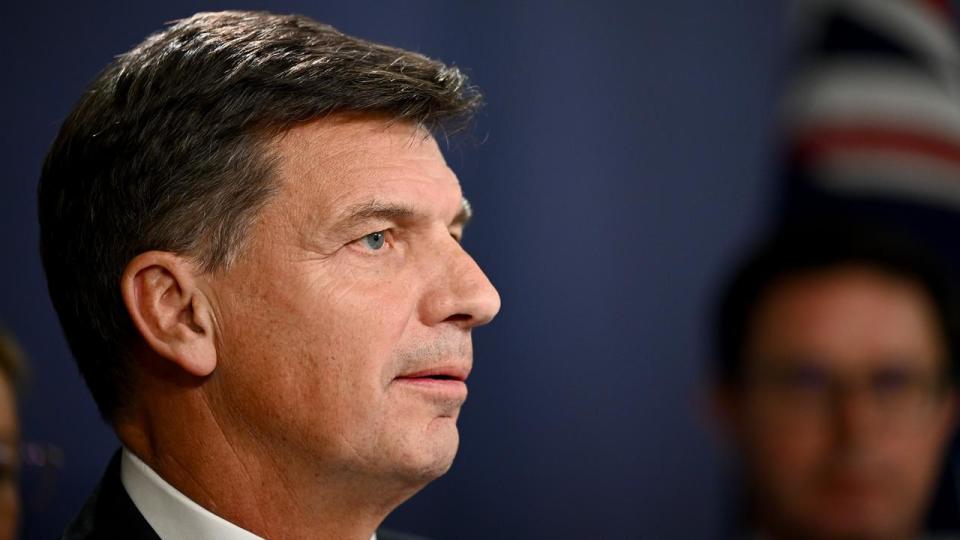A drop in inflation has been welcomed as a small respite for struggling shoppers but households are being warned prices are set to bounce around and not come down in a straight line.
Inflation cooled to 2.7 per cent in the 12 months to August, down from 3.5 per cent in July, taking it to its lowest point in nearly three years, largely off the back of electricity subsidies.
While inflation is tracking in the right direction, it’s not all good news for mortgage holders, with the trimmed mean – a number that cuts out irregular or temporary prices changes – coming in at 3.4 per cent in August.
Although down from 3.8 per cent in July, it’s still above the Reserve Bank’s target band of two to three per cent and the central bank pays more attention to this gauge of underlying inflation when making rates decisions.

The annual trimmed figure excluded the falls in fuel and electricity.
The volatility of the monthly figure made it less influential than the quarterly one, next due in October, RBA Governor Michele Bullock said.
The figures were encouraging for predictions of a rate cut in February, Bendigo Bank chief economist David Robertson said.
“However upcoming data and events will keep markets guessing between now and then, including the US presidential election in November,” he said.
He expects three rate cuts in 2025.
Treasurer Jim Chalmers called the figures “heartening” but sought to temper expectations.
“This is a good result that shows we’re getting inflation under control but we’re not getting ahead of ourselves because we know it doesn’t moderate in a straight line,” he said.


Federal and state electricity helped bring power bills down 17.9 per cent, the largest annual fall on record.
Electricity bills would have jumped 16.6 per cent since June 2023 without the rebates, according to the Australian Bureau of Statistics.
But they’ll jump back up when government assistance ends in 2025 which meant the underlying problems hadn’t been addressed, shadow treasurer Angus Taylor said.
“We’ve seen Australian standards of living being smashed in the last two years, it’s a disastrous outcome for Australian households,” he told reporters in Sydney.
The answer was to limit immigration to take strain off housing supply and shift energy policy so there are sustained reductions in power prices, he said, as the coalition spruiks a nuclear future over Labor’s wind and solar energy plan.


The treasurer had a different view, lauding the electricity rebates for bringing prices down.
“Our policies are helping in the fight against inflation, but we’re not complacent because we know people are still under pressure,” he said.
Alcohol and tobacco prices rose 6.6 per cent, food and beverages 3.4 per cent, and housing 2.6 per cent in the year to August, but transport fell by 1.1 per cent.
Fuel sank 7.6 per cent.
Interest rate hikes have sought to take the wind off the back of the economy and slow inflation but a rate cut isn’t expected until 2025 after the RBA held rates at 4.35 per cent on Tuesday.















